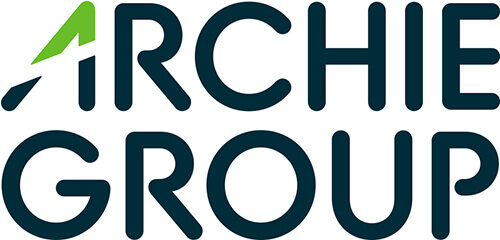What's Your Fintech Marketing Plan?
For fintech companies, especially late-stage ones, we’re now entering the later innings of venture capital and growth investment. Look no farther than the hot M&A and simmering IPO markets.
If you entered with the circa 2010 class of investments, perhaps you’ve been surfing a half-decade or more (depending on whose chart, chart or chart you’re reading) of growth and are now eyeing a liquidity event. And if you’ve just gotten your toes wet, you may instead have the S curve life cycle in mind for the next few years of your business.
Wherever you are in your journey, try to put some dedicated time aside to reaffirm your fintech marketing and PR priorities. Sometimes I turn to Gartner’s Hype Cycle for an assist. The basic idea is to place your finger on the curve where you most believe your venture stands. Then think through, as I’ve done for you below, where your fintech communications should lend a hand.
When you’re triggering a new fintech product
For any fintech, innovating a new product or service requires a superb brand promise and brand experience. This stage—especially when you’re looking for seed capital—centers on making your fintech’s brand feel credible to a prospective co-founder, investor, partner, or other.
Leif Founder and CEO Francis Larson posts regularly on LinkedIn about the value of reimagining education financing as an entirely different asset class. The company appears to be testing its marketing message to make sure it resonates. Next steps may include building Leif’s digital infrastructure to house and share its brand promise and then increasing discoverability among key audiences.
When your fintech holds serious interest
The era of new and early awareness for your brand and its message is winding down, and now folks are taking a harder look at your actual business. Fintech content marketing and public relations should rate high on your priorities list, supplemented with low-cost digital marketing. For example, Captain401K, which secured a cool $3.5 million seed round, will benefit as they ladder in more content, press and public appearances, and third-party recognition to woo the consideration and preference of their recently earned stakeholders.
When you're at the peak of expectation
Just today I read “From Local to Everywhere” by Lemonade CEO Shai Wininger. Wininger does a great job summarizing what your fintech communications might look like if you, like Lemonade, have reached a pinnacle point. He talks about the “surgical use” of press coverage to reach local audiences and having an active budget for paid media and advertising. Wininger also shares a great learning: Interest may come from unexpected places, such as in his case, the U.S. government. The net-net, when at the peak of expectation, is that your community of interested parties grows and changes, and so too must your time and attention paid to their interests.
When you may be feeling oddly enlightened
Soul-searching comes into play across all the above cycles. You may have to change paths or even expectations. You may need to protect new interests, such as Lemonade has on the public affairs front. Either way, retaining your hard-earned worth and valuation for your fintech is paramount.
Enlightenment comes from having and keeping a rational and well-informed outlook. I remember when a client, a CEO who was considering a major liquidity event, asked me a simple question with a complex answer: Should we change our name? I encouraged market research and looking at what the data says. It was a great investment that crystallized for the CEO—and investors—what his business was all about and what he should (and should not) do next.
When you’re feeling disillusioned
Firstly, there’s no avoiding the trough—not for any fintech or other company. So I won’t do that here. Sometimes you just have to ride the rough waters, and here’s where you can rely on your marketer to find the silver lining.
Good marketers take the high-and-low journey with you. They’ll advise you along each point in time and remind you that even the most adored companies need to pause, take stock and shift gears to make it through each cycle with aplomb.
